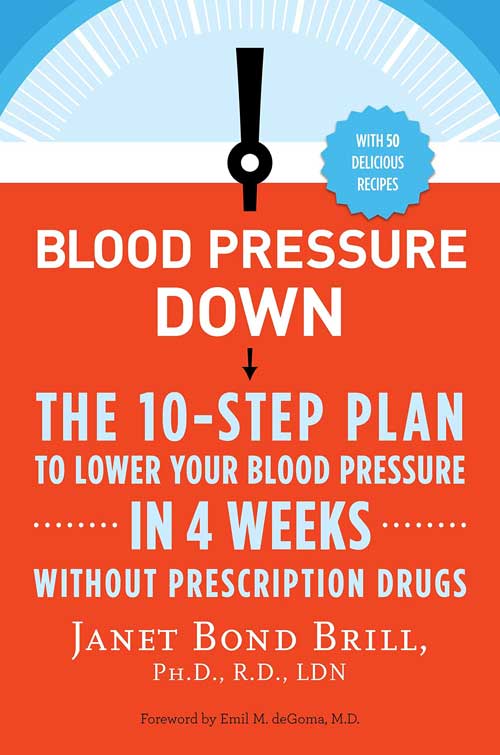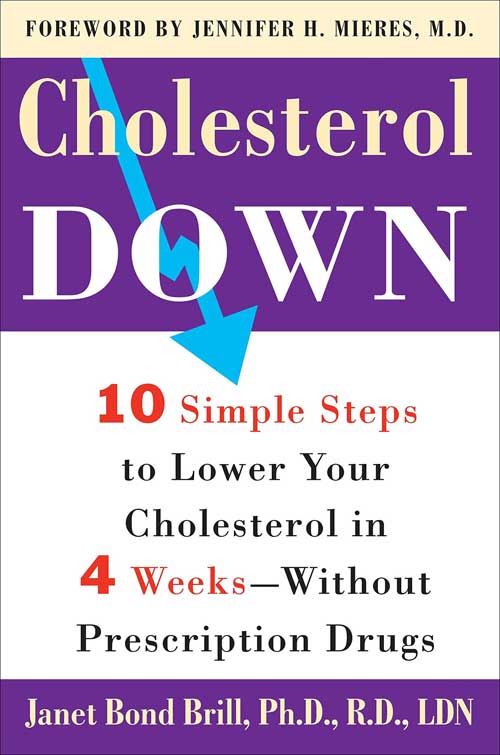By


Diets have morphed the way we perceive and consume food. As a result, some of us spend a significant amount of time contemplating our meals each day, a distinct change from decade’s ago. Although this does have a positive impact on people seeking to make healthy changes to their diets, it can also lead to serious obsessions and addictions. In certain circumstances, too much attention to healthy eating and the resulting obsession with it can lead to a debilitating medical condition, a type of addiction that can be just as perilous as other addictions. So, the question is: how healthy is too healthy eating? Let’s have a look at this more in depth below.
A Not-so Healthy Obsession
An obsession with healthy eating to the point of an individual’s detriment is a medical condition referred to as Orthorexia Nervosa. Sufferers become fixated with the kinds of food they eat, from its quality and purity to its origin. They obsess over the quantity of the quality food they eat, and preoccupy themselves with the frequency and times of consumption. They consider each day as a new way to approach healthy eating, and as a new way to better themselves from a diet perspective. Their personal self-esteem and confidence stems from how they nurture and up-keep their diet plans. Thus, if they happen to go off-track and have a few slip-ups, they will punish themselves with over-exercising and fasting in order to cope with the attack on their self-esteem as a result of the slip-up. In the same vein, if they maintain their healthy eating goals, they consider themselves to be superior to others.
Ultimately, the obsession becomes so chronic and pervasive that it affects other aspects of the individual’s life. Relationships, jobs and other activities are much less of a priority over healthy eating. Thus, Orthorexia Nervosa can affect an individual in many different ways; psychologically, physically and socially.
How Do We Treat This?
This disease is diagnosable and treatable by the mental health community. This is good news for those who know of someone who might suffer from this—that they can get the help they need. This is a serious disorder, therefore it is wise for an individual to seek treatment in a qualified addiction treatment center. Rehabilitation centers such as www.luxurybeachrehab.com, cater to the needs of Orthorexia Nervosa sufferers by offering them specialized treatments led by professionals. The goal is to place the sufferer in a safe and isolated environment where they can learn to be treated.
As of today, the most effective type of therapy for Orthorexia Nervosa is talk-based therapy. As Orthorexia Nervosa stems from the thoughts and processes which culminate and lead to the unhealthy obsession, it is key for a therapist to work these out with the patient and counsel them towards recovery. Understanding the thoughts that lead to the behavior is imperative to tackling the obsession. Furthermore, therapists will often challenge sufferers by asking them to face their utmost fears. In these cases, therapists might actually sit with the patient and ask them to eat something which they themselves would have otherwise omitted from their diets. This challenges the patient to try and change their thought processes regarding food proactively and gets them to change their perspective on different types of food.
A Medical Condition of Concern
Healthy eating and exercise is an excellent way to stave off illness and increase longevity. There is, however, an unhealthy condition where people take it a step too far. As such, the mental health community is paying attention to the increasing rates of people with Orthorexia Nervosa, providing them with the treatment they need to get back on track, get well and deal with this unhealthy obsession with food.











